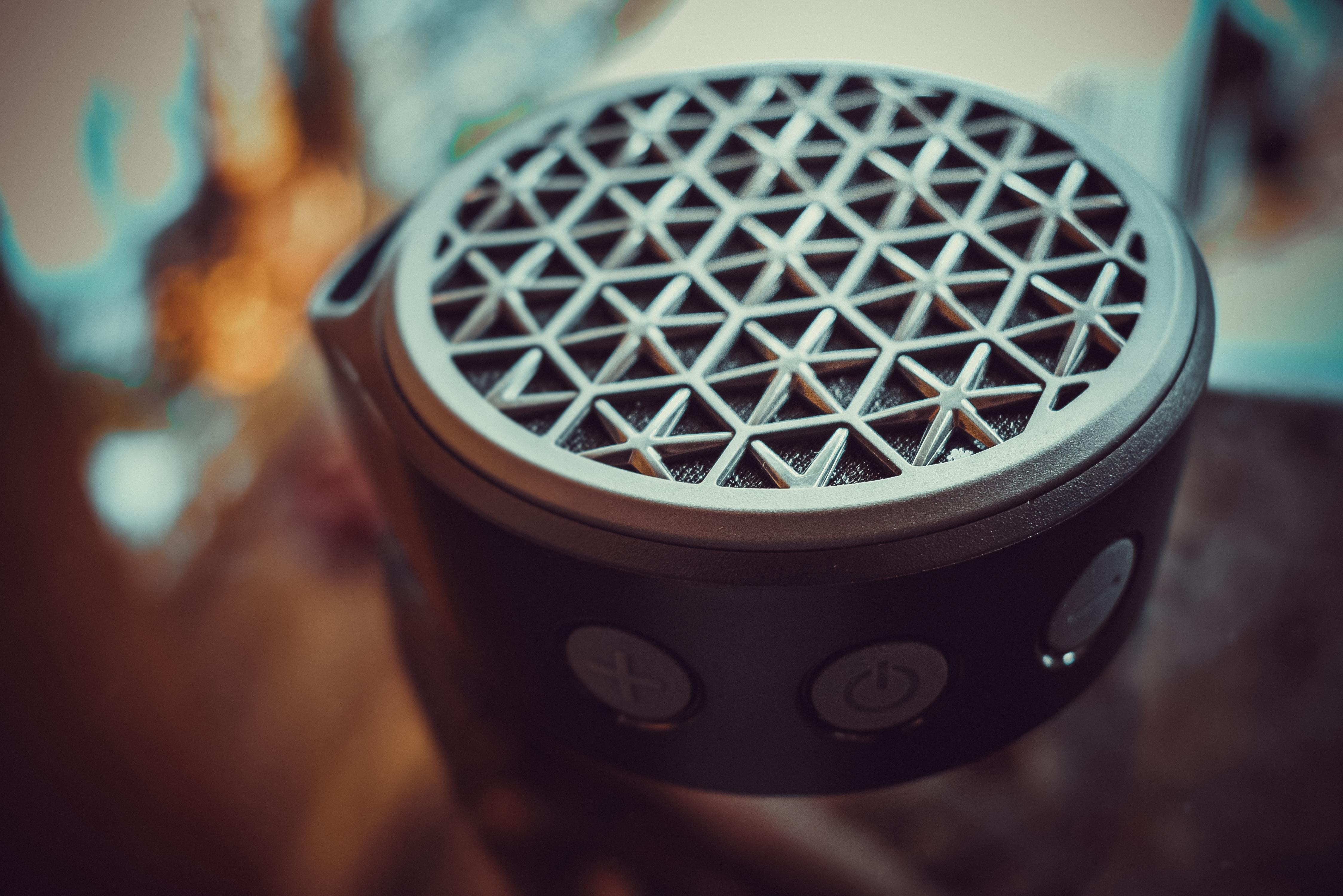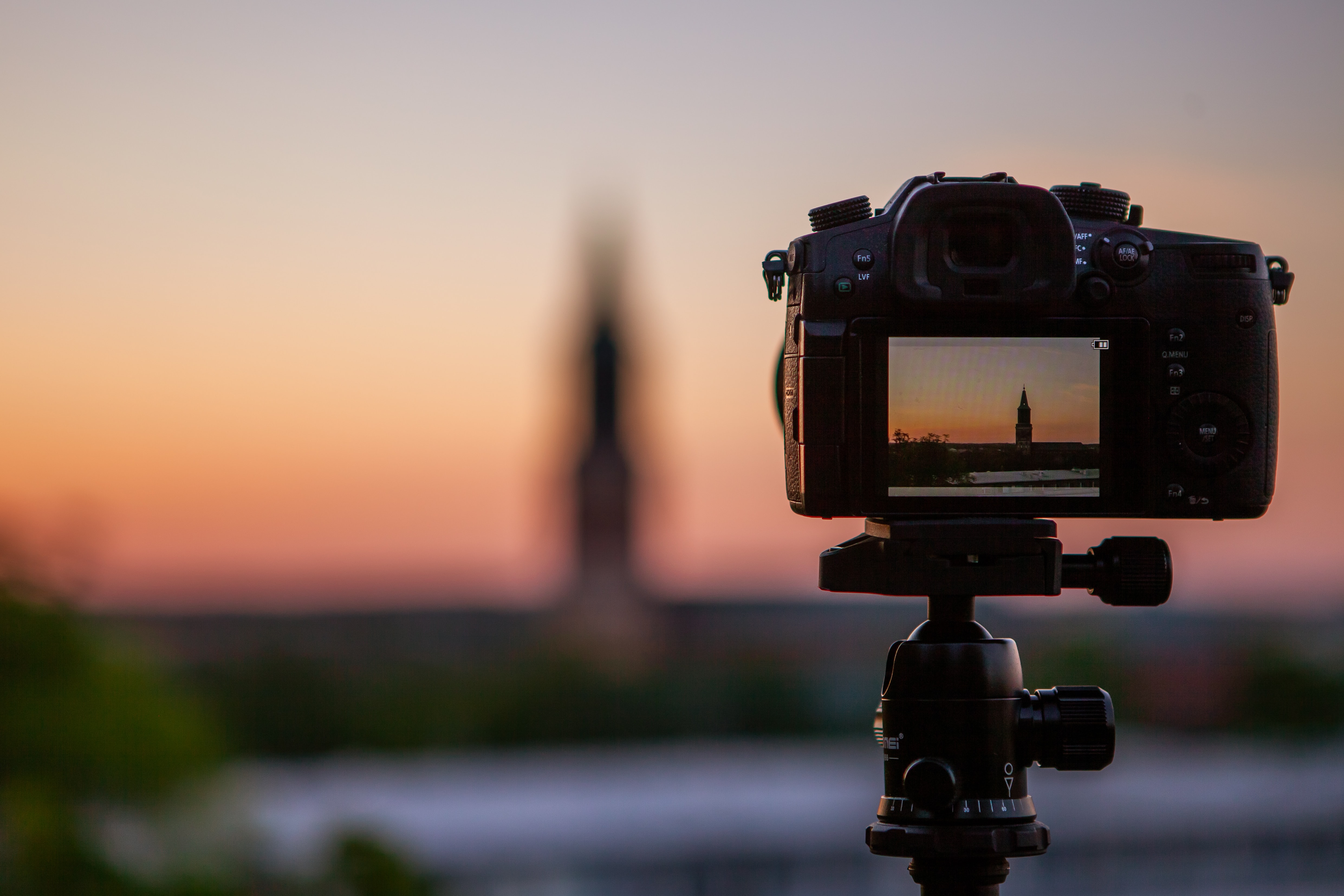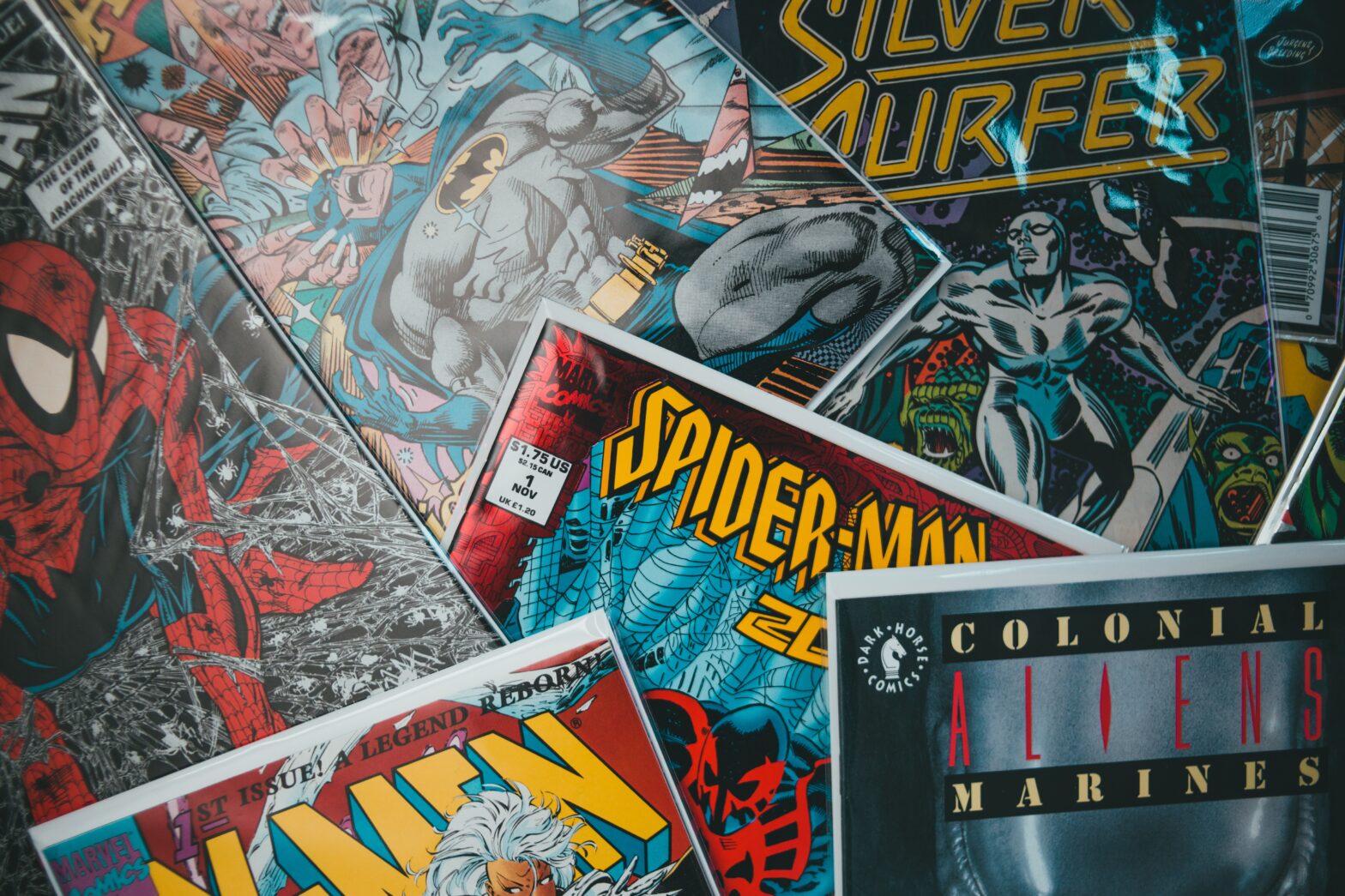Most startups fail to survive long term, and the reasons for those failures are as varied as the companies and their products, goals and mission statements. Typically it comes down to money, in the way everything is about money in some form: not having enough money, not being able to convince investors to give them more money, not having enough customers willing to part with their money for what the company is selling. It’s unfortunate, but it’s a hard reality that many of the startups you read about or see will at some point blink out of existence, left as little more than a memory to stumble upon later.
But what if a failed company lived or, or at least its intellectual property? That’s the question posed by a recent spate of lawsuits brought against Apple and Google by Jawbone Innovations LLC alleging patent infringement on the part of the tech giants. The patents themselves originated with Jawbone, the once-prominent manufacturer of wireless technology that started out selling Bluetooth headsets and wireless speakers before pivoting to wearable health monitors before eventually reaching the terminus of the venture altogether. As you might imagine, even a business that is ultimately unsuccessful still has intellectual property that has some value to someone, and it seems that Jawbone’s patents related to noise-isolation algorithms are valuable enough to try and take both Apple and Google to court over.
It doesn’t seem to be the case that Jawbone has lain dormant for close to four years waiting for the opportunity to launch a lawsuit against those companies. James Vincent of The Verge concisely notes that the reporting this far indicates Jawbone Innovations LLC has no apparent relation to the now-defunct business, but is instead an entity that holds at least some of the patents once held by Jawbone, and perhaps nothing else — the dreaded patent troll.
All the evidence compiled by Vincent makes a strong case to label the entity as a troll: the fact that the listed manager has priors in what would be considered patent trolling, the fact that the suit is filed in the Western District of Texas, long considered a favored venue for patent trolls, and the fact that the suit is aimed at both Apple and Google, because if you’re going to take a shot, it may as well be a big shot. Given all that, there’s a non-zero chance that Jawbone Innovations LLC is able to walk away with something from all this, which is the point of the entire exercise of patent trolling: playing the numbers that eventually you’ll hit a payday. Still, it’s a bit sad to think that the innovations of a once-promising company are now being used for something so base as a desperate grab for a quick and easy buck.

 Most startups fail to survive long term, and the reasons for those failures are as varied as the companies and their products, goals and mission statements. Typically it comes down to money, in the way everything is about money in some form: not having enough money, not being able to convince investors to give them more money, not having enough customers willing to part with their money for what the company is selling. It’s unfortunate, but it’s a hard reality that many of the startups you read about or see will at some point blink out of existence, left as little more than a memory to stumble upon later.
Most startups fail to survive long term, and the reasons for those failures are as varied as the companies and their products, goals and mission statements. Typically it comes down to money, in the way everything is about money in some form: not having enough money, not being able to convince investors to give them more money, not having enough customers willing to part with their money for what the company is selling. It’s unfortunate, but it’s a hard reality that many of the startups you read about or see will at some point blink out of existence, left as little more than a memory to stumble upon later.  A point we’ve made on this blog and website is that you have to be careful when using anything on your website that you haven’t created yourself, or that you haven’t paid someone to create for you (while ensuring they sign over the rights.) Admittedly it’s not a message that the internet as a whole has caught onto, although there is some distinction between some person reposting pics on Instagram and what gets posted on business websites, with names and addresses and people that can ultimately be sued if they’re not careful.
A point we’ve made on this blog and website is that you have to be careful when using anything on your website that you haven’t created yourself, or that you haven’t paid someone to create for you (while ensuring they sign over the rights.) Admittedly it’s not a message that the internet as a whole has caught onto, although there is some distinction between some person reposting pics on Instagram and what gets posted on business websites, with names and addresses and people that can ultimately be sued if they’re not careful.  It’s been a while since the last high profile case of trademark bullying, but like the bullies most of us encountered in the schoolyard, absence doesn’t mean they’ve departed the scene; rather, they’re lying in wait for the next opportune moment, or the next small business that can’t afford to push back against the rather absurd assertions made by a global brand about how their business will be damaged by a shop with a handful of employees and a customer base that doesn’t stretch beyond the county line.
It’s been a while since the last high profile case of trademark bullying, but like the bullies most of us encountered in the schoolyard, absence doesn’t mean they’ve departed the scene; rather, they’re lying in wait for the next opportune moment, or the next small business that can’t afford to push back against the rather absurd assertions made by a global brand about how their business will be damaged by a shop with a handful of employees and a customer base that doesn’t stretch beyond the county line.  We’re in the heart of college football season at the moment, which means everything or nothing to you depending upon where you grew up. If you’re part of the former grouping, you understand just how important Saturdays in fall are to everyone around you, how the fortunes of the college you attended or just support intertwine with your own, to the point that a few dozen college kids you’ve never met losing a football game that ultimately doesn’t matter serves to ruin your day. Being a fan of that school’s teams becomes as much a part of your identity as being a resident of the state itself, and woe betide anyone who should run afoul of the that most beloved institution, even the actual state government.
We’re in the heart of college football season at the moment, which means everything or nothing to you depending upon where you grew up. If you’re part of the former grouping, you understand just how important Saturdays in fall are to everyone around you, how the fortunes of the college you attended or just support intertwine with your own, to the point that a few dozen college kids you’ve never met losing a football game that ultimately doesn’t matter serves to ruin your day. Being a fan of that school’s teams becomes as much a part of your identity as being a resident of the state itself, and woe betide anyone who should run afoul of the that most beloved institution, even the actual state government. 
 With a few possible exceptions, it’s hard to imagine that most of the creators of wildly popular innovations know that their ideas are going to be a hit when they first put them out into the world. (The inventor of the wheel, on the other hand, probably knew they landed on a winner pretty quickly.) As such, our recent history is littered with stories of creators signing away the rights to their work for little more than a pittance, only to see that creation go on to be worth millions of dollars in the hands of someone else.
With a few possible exceptions, it’s hard to imagine that most of the creators of wildly popular innovations know that their ideas are going to be a hit when they first put them out into the world. (The inventor of the wheel, on the other hand, probably knew they landed on a winner pretty quickly.) As such, our recent history is littered with stories of creators signing away the rights to their work for little more than a pittance, only to see that creation go on to be worth millions of dollars in the hands of someone else. There’s been a lot of discourse over the past few years about what artificial intelligence can do versus what it should do. Those on the side of the machines see an opportunity for terrific advances, and those opposing are understandably nervous of the notion of technology that can come close to approximating human intelligence, particularly if that tech is given some amount of power and control in managing tasks that would otherwise be done by humans. Sure, humans are flawed, make mistakes big and small, but many still feel comfortable knowing that the hand on the proverbial wheel is one of flesh and blood.
There’s been a lot of discourse over the past few years about what artificial intelligence can do versus what it should do. Those on the side of the machines see an opportunity for terrific advances, and those opposing are understandably nervous of the notion of technology that can come close to approximating human intelligence, particularly if that tech is given some amount of power and control in managing tasks that would otherwise be done by humans. Sure, humans are flawed, make mistakes big and small, but many still feel comfortable knowing that the hand on the proverbial wheel is one of flesh and blood.  Despite the proliferation of streaming services, there’s still a market for broadcast television, as evidenced by the fact that cable packages remain a thing, albeit a diminished thing, and that there are ever more options that offer customers the channels they love served to them over the internet rather than through a cable box. Most are legitimate — YouTubeTV seems to have a healthy subscriber base, as does Sling and other competitors — but there has been a strain of fly-by-night options that can seem too good to be true, often because they flout the established rules regarding licensing and copyright and all the other hoops that mainstream services have to worry about.
Despite the proliferation of streaming services, there’s still a market for broadcast television, as evidenced by the fact that cable packages remain a thing, albeit a diminished thing, and that there are ever more options that offer customers the channels they love served to them over the internet rather than through a cable box. Most are legitimate — YouTubeTV seems to have a healthy subscriber base, as does Sling and other competitors — but there has been a strain of fly-by-night options that can seem too good to be true, often because they flout the established rules regarding licensing and copyright and all the other hoops that mainstream services have to worry about.  The public domain is, broadly speaking, a good thing for both consumers and creators, although the creators of the original work passing into the public domain might feel differently were they still alive to put up a fuss. Regardless, it’s useful to have works that become available for smart folks to offer their own take and interpretation. And it’s the law as written, so like it or not artists have to accept that their art will one day be made available to the public to do with as they please.
The public domain is, broadly speaking, a good thing for both consumers and creators, although the creators of the original work passing into the public domain might feel differently were they still alive to put up a fuss. Regardless, it’s useful to have works that become available for smart folks to offer their own take and interpretation. And it’s the law as written, so like it or not artists have to accept that their art will one day be made available to the public to do with as they please.